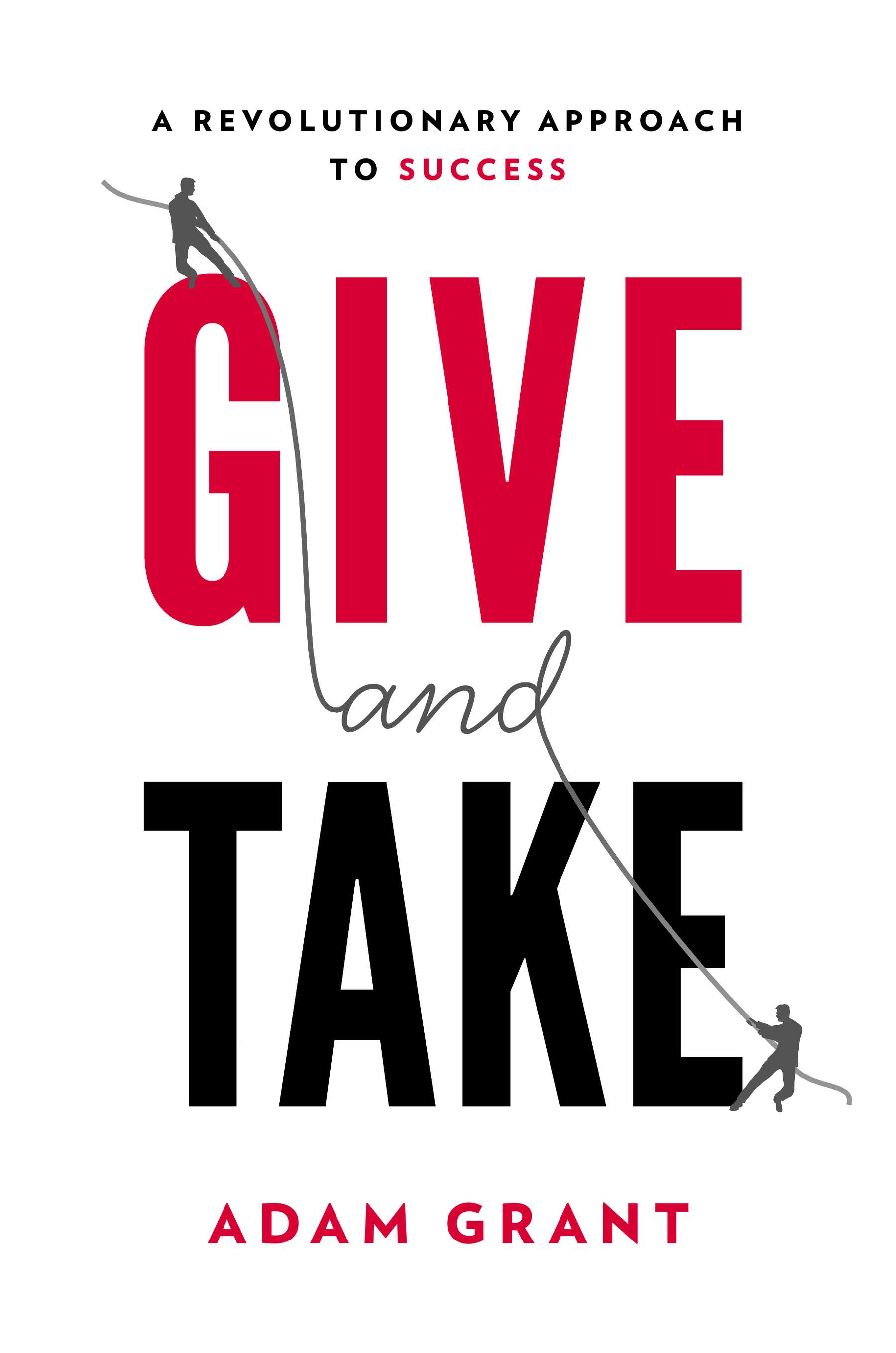
We all need a favor from time to time. Every occasion Dave helps a friend move, he says, “That’s the last time”. Then there’s the next time.
There’s great good in doing a favor because it expresses care… sometimes great care. Of course, favors can be done for selfish reasons. Business writer and professor Adam Grant has written a book on three styles of behavior that speak to this. These styles are givers, takers, and matchers. There are those of us who do favors for the joy of helping others (givers), those who more often ask for favors (takers), and finally those who will do a favor for someone who’s done one for her already (matchers).
“Every time we interact with another person at work, we have a choice to make: do we try to claim as much value as we can, or contribute value without worrying about what we receive in return?” – Adam Grant
I recently attended a conference. It was a poignant experience because the organizer of the conference is moving toward a secession plan for her role. This is a brilliant, generous, like-no-other professional I’m just grateful to know.
The conference ended and I was helping with the final tying up of loose ends. She and I passed in the hallway, and I took the opportunity to tell her how much she had influenced my life’s work. Then I laid out a proposition:
“If I can do anything at all for you, just ask. it would be an honor.”
“Well…there is something.”
Then she asked me for a favor that was totally out of my expertise and comfort zone. A favor that I knew would take hours, even days, to complete. A favor that I was sure someone else should be doing – fearful to be a disappointment to her.
Still…I had made the proposal and she accepted.
Without going into too many details, let me just say I have been up to my eyeballs in Excel spreadsheets. They are no longer outside my expertise…thanks to online tutorials…and all this experience I have now.
So the short of it is that by tomorrow, I will be finished with my favor. Next time I’m feeling an overwhelming sense of gratitude for her, it may stop short of offering such an open-ended favor. I’ll find a different way to express how much she means to me. Flowers, maybe.
My husband told me several times that I needed to renegotiate that favor. He knew it wasn’t a strength of mine to do what she asked.
I just couldn’t take my offer back. She is the kind of person who should have favors done for her every day…she’s just that person.
In preparing to write about doing favors, I did come across two fascinating articles on this topic.
Asking for a Favor: The Three Keys – Jodi Glickman
In brief, the three keys for asking a favor are:
- Set the Stage: “I have a favor to ask you”.
- Give a Reason.
- Provide an Escape Clause.
[Read the whole piece. It’s a fast read and insightful for those who ask for favors – I don’t so much, but it was good stuff to know.]
The Five Golden Rules of Favor Asking – Tynan
Tynan offers these golden rules when asking him for a favor:
- Your benefit must greatly outweigh my inconvenience.
- You should make it as easy as possible for me to do the favor.
- Ask immediately. Don’t small talk.
- Do everything you can first.
- Reciprocate.
[This piece also is an excellent larger read.]
These rules are all super nice and would be much appreciated if someone asks us for a favor. I find though that if someone asks for a favor, they often are pretty desperate for help and may not have asked with the finesse Tynan would like observed. Unless they are Adam Grant’s takers.
This favor, this Excel spreadsheet favor, was not solicited, except from my prompting. I gave this amazing woman the gift of asking for whatever I could do for her. Genie-like. She took me at my word.
Now that the time has been carved out, and a new skill has been honed, I’m thankful it worked out.
Doing favors for people isn’t a regular activity of mine, but it is something to aspire to. It is a great good.
We have had so many favors done for us. Two of the many that come to mind are a lawn mowed during a time we struggled caring for a our hospitalized little girl (thanks always J.R.) and the company offered to Dave in a surgery waiting room (thanks, Harriet).
It might be a helpful activity to write down all the favors done for us, or for others that we know about. Such a beautiful thing a kindness with nothing expected in return.
If you have some data demanding an Excel spreadsheet…and you need some help…maybe just wait a few days, ok? Same with moving.
[Any stories of doing or asking for a favor? Please tell us in the Comments below.]


